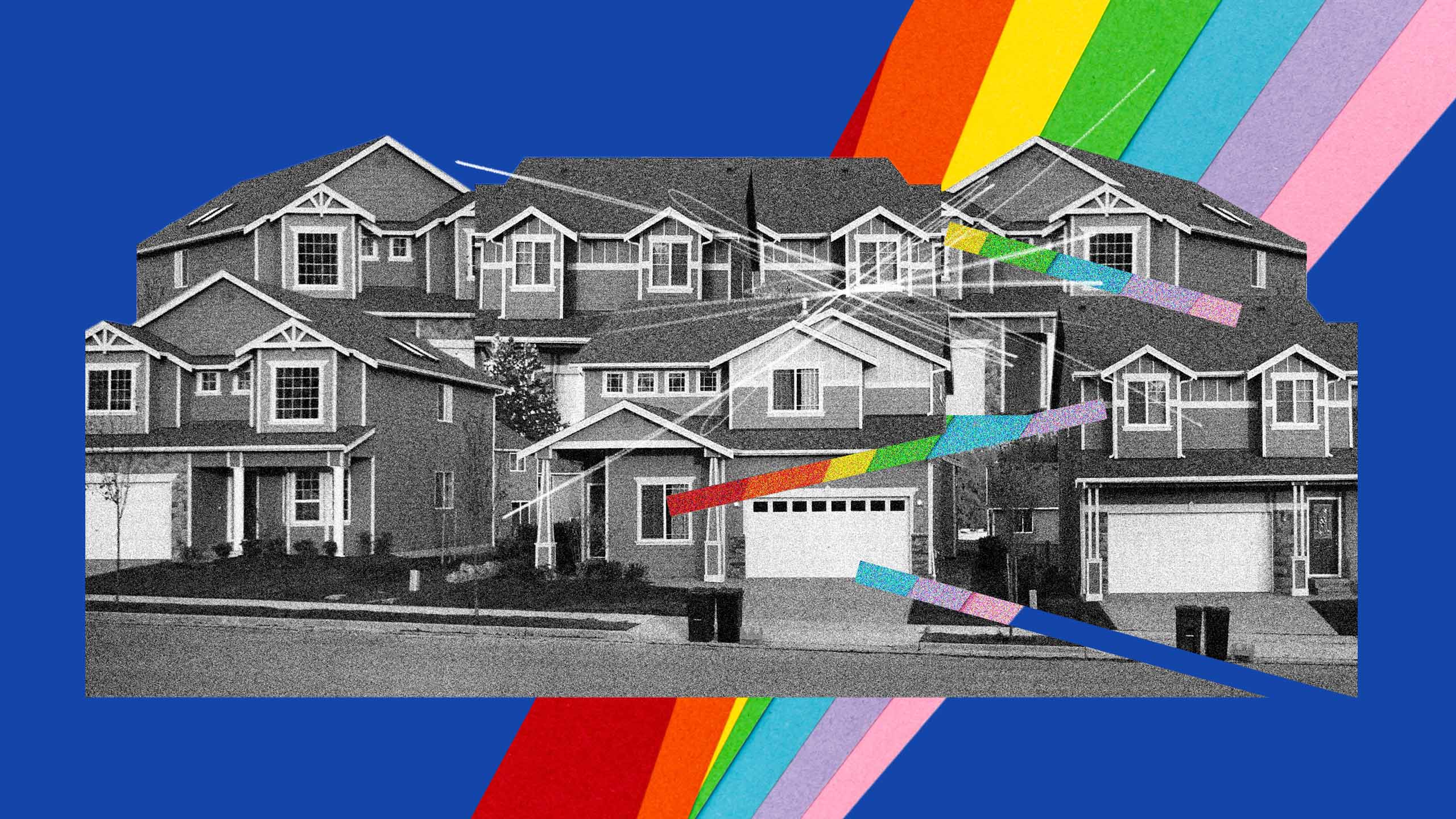A new report shows LGBTQ2S+ people and other marginalized groups face discrimination when seeking housing in Ontario. They also have no way to report said discrimination.
According to the research, two in 10 tenants say they’ve been treated unfairly because of their identity, with LGBTQ2S+ and BIPOC individuals more likely to report such treatment.
The data for the report was collected through a survey conducted by a diversity, equity and inclusion (DEI) advisory group within the Ontario Real Estate Association (OREA). The survey included responses from 1,500 home renters and buyers and reveals systemic discrimination in housing and the need for more changes in policy.
“BIPOC and LGBTQ2S+ individuals experience higher barriers to housing attainment due to a system fraught with social injustice” the report reads.
The decision to conduct the survey was made in 2020,following the murder of George Floyd, and the conversations it prompted around systemic discrimination pushed OREA to form a committee to investigate housing inequality.
“I think the most difficult part about discrimination is how hard it is to prove. We certainly had heard a lot of stories anecdotally, but unless you have the numbers and statistics to back it up, it’s hard for people to believe you,” says Davelle Morrison, the chair of the DEI advisory group.
Discrimination affects LGBTQ2S+ home buyers and renters in a number of key ways, according to the survey responses.
For example, 43 percent of realtors say they’ve seen a rental deal fall through because of discrimination. LGBTQ2S+ people and people in non-traditional relationships—such as same-sex couples and polyamorous relationships—tend to be disproportionately affected by rules dictating who has access to buying a condo. According to the report, there have been a “mounting number of people who have come forward” with concerns about the Ontario condominium rules that require units to be for “single families.”
In one instance last year, a gay Toronto couple was “asked to provide a marriage certificate or leave,” leading to public backlash. Though the “single-families” rule was intended to keep out disruptive tenants and short-term rentals, it has ended up becoming exclusionary, the report says.
The report urges for an amendment in the Condominium Act: “The Province should update the Condominium Act to include a broad and inclusive definition of ‘single family’ to accommodate different family types and compositions.” Since the Ministry of Government and Consumer Services is currently in the process of reviewing the Condominium Act, the report suggests this is an opportune time to make those changes.
Home financing is another major issue faced by people with marginalized identities, specifically when mortgaging a house. According to the survey, 16 percent of respondents said they faced discrimination due to their race, ethnicity, gender identity or sexual orientation from their bank while trying to obtain a mortgage.
Housing affordability data shows that LGBTQ2S+ people are one of the communities most impacted by a lack of housing affordability programs—the OREA is thus calling on the expansion of affordable home-ownership programs. One example is the Canada-Ontario Affordable Housing Homeownership Program, which provides interest-free down payment assistance loans for low- to moderate-income households.
The report suggests an effective way to make home-ownership more accessible would be to build 99,000 community housing units in the province over the next 10 years.
The report also states there are no “safe mechanisms” for housing consumers to report discrimination, and that 80 percent of potential buyers and renters don’t know where to go to report this.
Though the Ontario Human Rights Commission policy on human rights and rental housing governs housing discrimination complaints, the process of making a complaint has been described as taxing and tedious in the report. As a first step in repairing this, they’re calling for a mechanism with fewer administrative burdens.


 Why you can trust Xtra
Why you can trust Xtra


